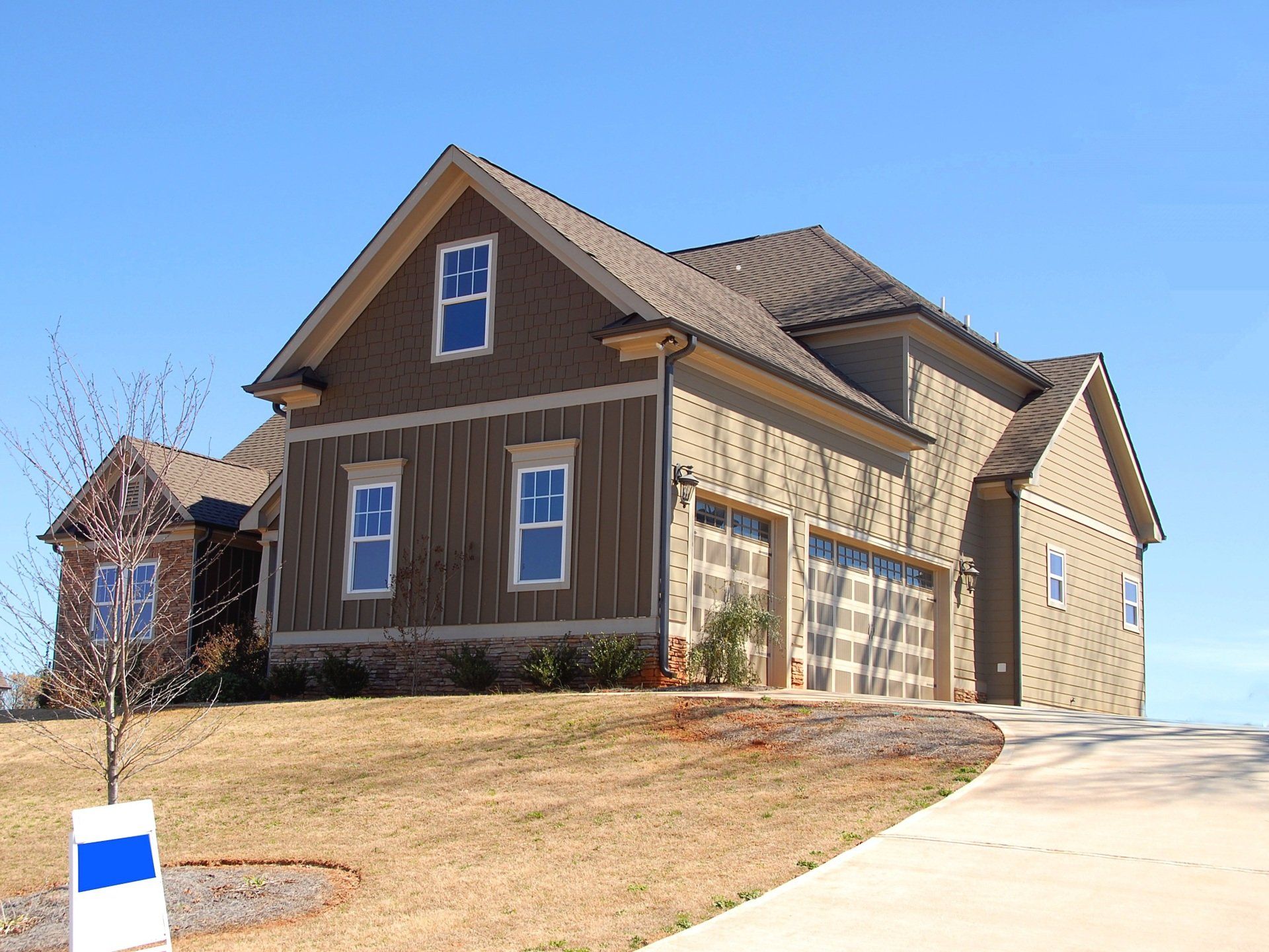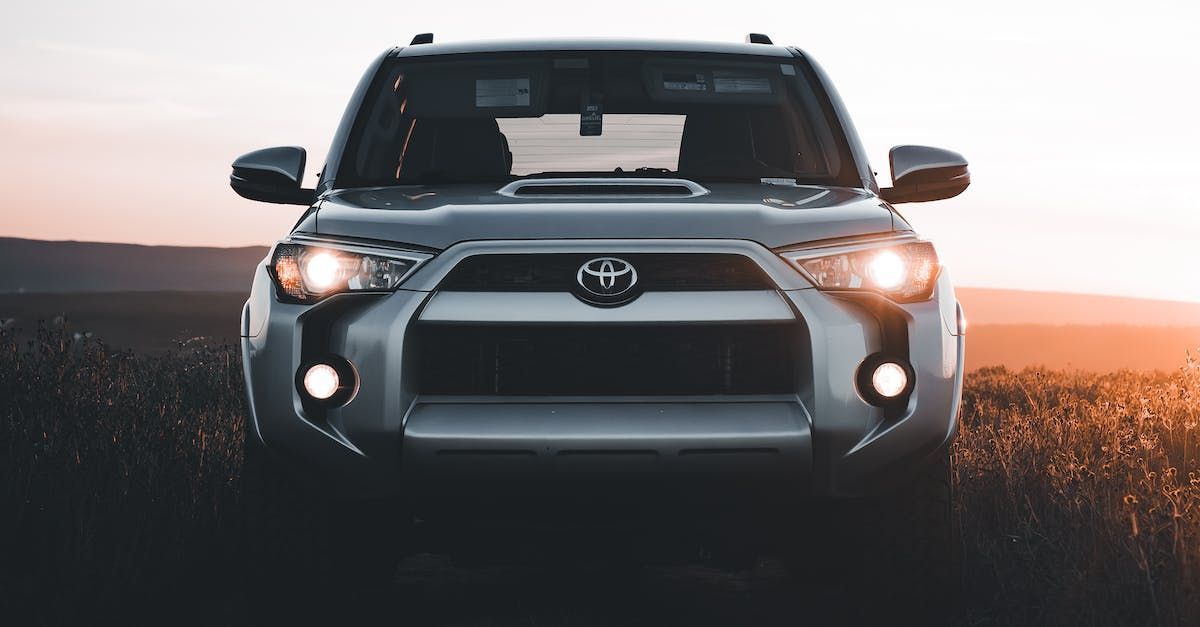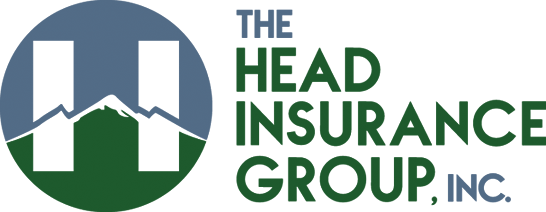Inflation has left its mark across the board, and we are especially seeing it in the automotive industry. The CPI (customer price index) shows that over the last 3 years, there has been a 35% inflation rate for used vehicles and a 22% increase for new vehicles. With numbers like that, a lot of people that are in the market for a new car a looking at ways they can save either in their purchase or through their insurance. This has lead to a lot of questions. We have taken the questions we get most frequently and answered them below.
I'm considering buying a vehicle with a salvage title. What are the pros and cons? Is there any insurance offered for this type of vehicle? What if I make repairs to the vehicle.
If you own a vehicle with a salvage title, the only way to get it back on the road is to repair/rebuild it at least to the point the vehicle passes a safety inspection and is road worthy. This is because a vehicle that has a salvage title means it has been declared a total loss, and a total loss means the cost to repair the vehicle exceeds its value. If you choose to repair or rebuild the vehicle, it must be inspected and if it passes inspection, then it will receive a rebuilt title.
Keep in mind, not all insurance companies offer coverage for a rebuilt title vehicle, and some that do may limit coverage to liability, uninsured motorist coverage and medical payments coverage only (no comprehensive or collision coverage). This is because rebuilt vehicles may still have damage or issues from the accident that totaled them, making it difficult to tell the difference between old, unrepaired damage and new damage to the vehicle.
What is Gap Insurance, and do I need it?
GAP (Guaranteed Asset Protection) is an optional coverage that is intended to cover the difference between the amount you owe on your auto loan/lease and the actual cash value of the vehicle that the insurance company pays if your car is stolen or totaled.
Typically, if you purchased your car with little or no down payment, the car will depreciate faster than the loan decreases. So if you purchase a vehicle with little or no money down, or plan to take more than 4 years to pay off your loan, you need GAP insurance. Keep in mind, GAP coverage will be less expensive if you add it as an option to your auto policy than if you purchase it from the finance company.
My car isn't worth very much, should I switch my insurance to liability only?
Ask yourself, “If my car is totaled, can I afford to replace it without insurance?” “If my car is damaged, can I afford to repair it without insurance?” “Am I spending more to insure my car than my car is worth?” If you answer no to any of these questions, you should probably keep comprehensive and collision coverage.
I can opt in to have my insurance track my driving which results in a " good driver discount". Could my insurance company raise my rates if the driving isn't consistent or if it isn’t "good"?
Different companies have different rules. Before you agree, ask your agent what the time period for the tracking is (most are for 90 days), what information will they gather, will you have access to the results of the tracking in real time, will they surcharge for less than good results and can you opt-out early if it appears you won’t earn the discount you expected.
I'm traveling and won't need my car for several months. I've seen advertisements for car sharing services where I can make money by renting my car out. How might this affect my insurance?
Car sharing may void your insurance; before making any decisions to share/rent/lease your vehicle, check with your agent. If you can garage your car while you are traveling, you may consider getting a storage only policy which is far less expensive than full coverage. Again, talk to your agent.
I own a vehicle that is parked in my driveway/street. It isn't currently running but I plan on getting it fixed eventually. Do I need to keep insurance on it while I'm not using it?
Generally, if it is on the street or roadway, it needs to be licensed/plated and insured even if it is not running. If it is in your driveway or garage, you may want to consider keeping only comprehensive coverage or getting a storage only policy to protect it in case of fire, theft, vandalism, etc.
Will I get a better insurance rate with a new or used vehicle? If I buy used, will the year, mileage, and/or vehicle history affect my insurance rates?
This is a great question. Keep in mind, the factors that have the greatest effect on the rate you will pay for auto insurance are:
- Your driving history
- Your credit history
- Your age, marital status, gender
- Safety features and the safety rating of your vehicle and
- The make, model, and year of your vehicle
So, when it comes to a used or new vehicle and insurance rates, it just depends. What you need to consider when making a purchase is the average repair costs and risk factors. For example, luxury cars with advanced technology cost more to repair or replace, so they typically cost more to insure. A newer, more expensive vehicle with lots of options will likely cost more to insure than an older, base model. Likewise, a high-powered sports car or a two-door convertible are considered higher risks than a four-door sedan, so insuring them will be more expensive.
There is a lot to consider with the purchase and ownership of a car. We hope that answering these questions provided you with some clarity. As always reach out to us with any additional questions. We'll be happy to help as best we can!
Please note, the information provided here is a brief overview and not meant to be an exhaustive discussion of insurance coverages for professional service providers. To learn more, and get an accurate quote for your business, reach out to us today!










